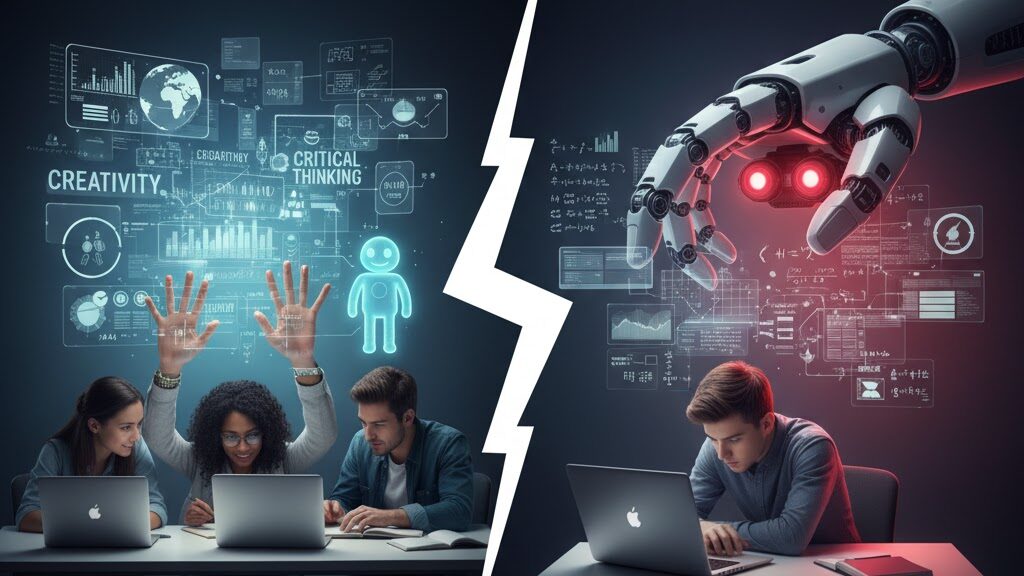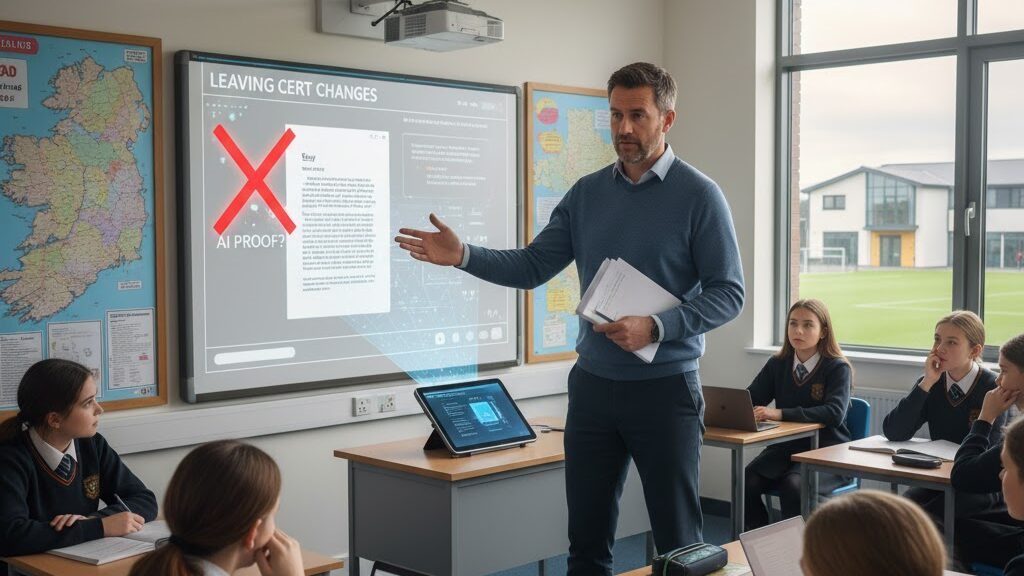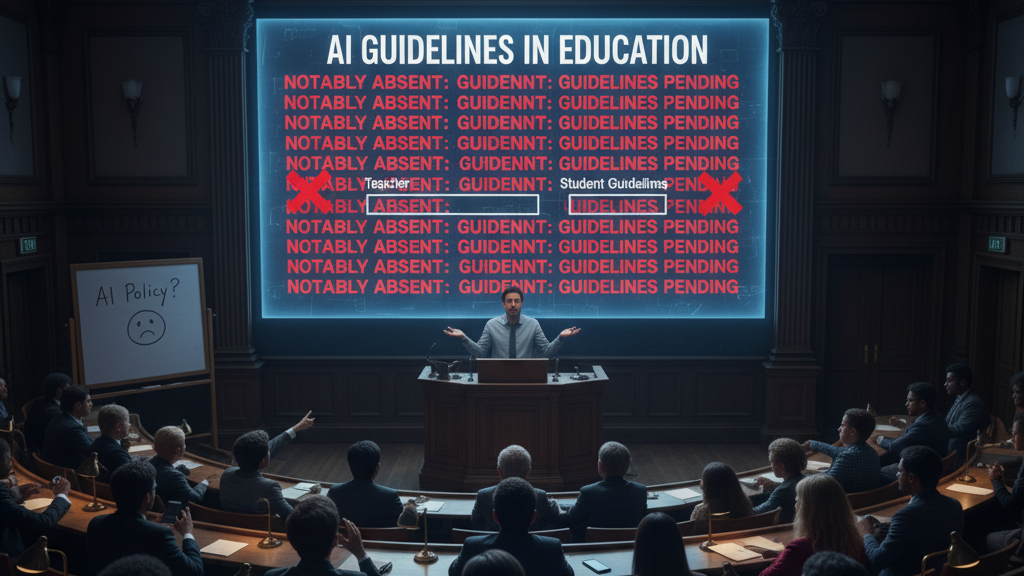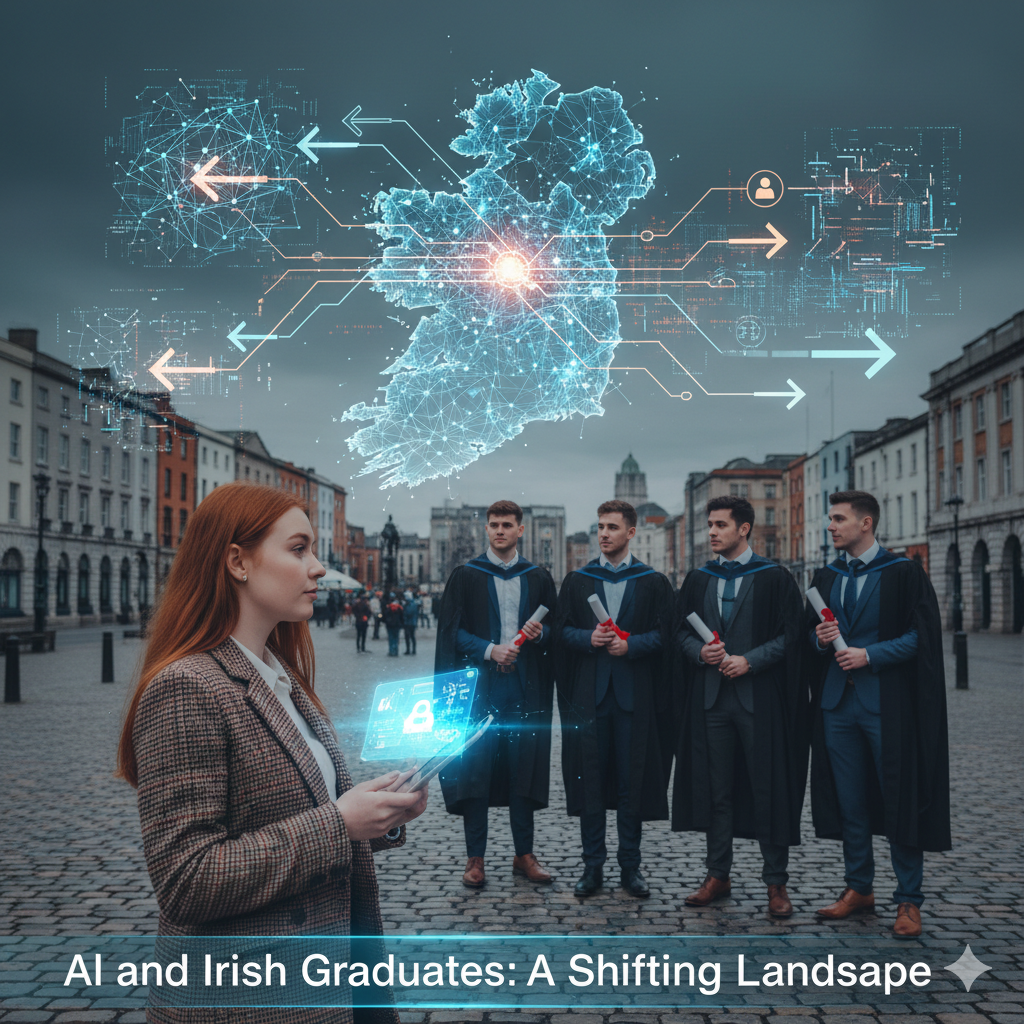
Source
RTÉ Prime Time
Summary
RTÉ explores emerging concerns about how widespread AI use may alter human cognition. With almost 800 million ChatGPT users globally and Ireland among the world’s heaviest users, scientists warn that convenience may carry hidden cognitive costs. An MIT study using brain-imaging found reduced neural activity when participants relied on ChatGPT, suggesting diminished critical evaluation. Irish neuroscientist Paul Dockree cautions that outsourcing tasks like writing and problem-solving could erode core cognitive skills, similar to over-dependency on GPS. Others draw parallels with aviation, where automation has weakened pilots’ manual skills. While some users praise AI’s benefits, experts warn of a potential “two-tier society” of empowered critical thinkers and those who grow dependent on automated reasoning.
Key Points
- AI adoption is extremely rapid; Ireland has one of the highest global usage rates.
- MIT research indicates reduced brain activity when using ChatGPT for problem-solving.
- Cognitive scientists warn of long-term skill decline if AI replaces active thinking.
- Automation parallels in aviation show how skills can erode without practice.
- Public reactions are mixed, reflecting broader uncertainty about AI’s cognitive impact.
Keywords
URL
Summary generated by ChatGPT 5





